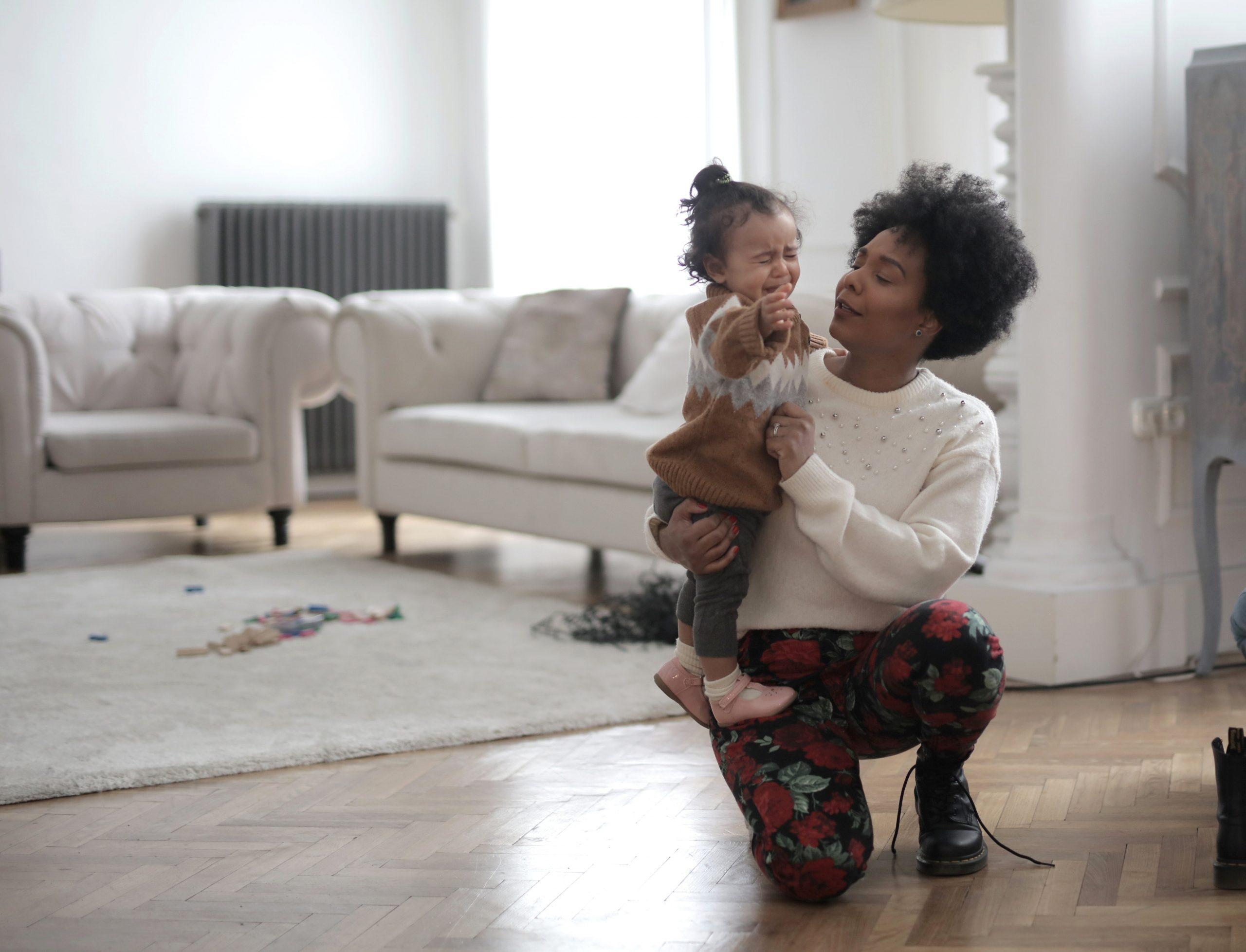Severe Job Losses For Black And Latinx Women Expose Workforce Inequalities Within The Pandemic

With one in four women in the workforce leaving their careers behind during COVID-19, the unfortunate reality is that the gender pay gap combined with the effects of the pandemic are keeping mothers out of the boardroom and back into the house.
COVID-19 has altered how we work and households across America are making difficult decisions to succumb to changes during the pandemic. As a means to create as much of a sense of normalcy within our lives and our families, there are some concessions that have to be made in regard to who leaves the workforce. When things like child care and issues surrounding home school or virtual learning are involved, it is women who are staying behind.

COVID has created a major issue for the working mom and just with so many other issues during the pandemic, it has brought light that gender inequalities are very much still prevalent and undoubtedly revealed how this year has impacted women and men differently.
Gender Representation In The Workforce
A McKinsey ‘Women in the Workplace’ study concluded that we’ve seen only a modest progression of equal gender representation in the workplace and that within the last year it has regressed significantly. Financial insecurity, career stagnation and economical impacts are all products of our current gender job crisis. Because there is still a pay gap between men and women in the workplace, when COVID-19 created a schedule conflict between work and life balancing act, the lesser compensated spouse is staying at home with the family and that most often is women. As women slowly shift back out of their careers this year, it can have long lasting impact on the future of leadership and diversity in our American workforce.
Representation matters in a workplace. Studies have shown that diversity in senior level management, both in gender and race has a positive impact on profits and employee performance. When women leave their jobs, we lose mentors and allies within the workforce, an integral part of a needed support system for future women entering the work place.
Racial Disparities In The Workforce
And with even more startling data, the Bureau of Labor Statistics revealed that in the month of December there was a job loss of 140,000 that was exclusively Black and Latina women. These statistics continue to reveal the inequalities within the workplace and shed light that the issues go beyond gender, but include racial disparities.
Black and Latina women work in positions that are disproportionally impacted by the pandemic, leading to such a drastic difference in job loss. With positions that often do not include sick days or paid time off, many women needed to make the decision to stay home while their family struggles with erratic family schedules and needs.
Not only did Black and Latina women lose more jobs at the end of the year, but men managed to gain 16,000. Pre pandemic numbers had given both men and women near equal numbers of employment in the workforce, but as the pandemic progresses the gap widens between genders.
Economists have suggested that positions that have been vulnerable during the pandemic, like education and hospitality, are those that are held in majority by women. In addition, the lower paying roles are disproportionately filled by people of color.
According to the Economic Policy Institute (EPI) “Black women face the largest losses” when comparing the labor market during COVID-19. EPI found that “as with the unemployment rates, women suffered greater job losses than men.” In terms of employment to population ratios, “18.8% of Black women workers lost their jobs between February and April” 2020. Additionally, “at 45.5%, white women haven’t seen such a low share of the population with a job since the late 1970’s, when white women were still increasing their participation in the labor market in general,” explained the study.
These statistics can be worrisome since we are likely to not see issues surrounding the pandemic ease any time soon. The longer women are out of work, the greater the chance of a widening pay gap, one that women have fought to close for generations.
Where Do We Go From Here?
What will need to happen is support for women to stay connected with their careers, especially for Black and Latina women, and for companies to get creative to help working mothers to stay at work. Establishing new norms within the workplace like reevaluating productivity metrics and priorities for things like mental health will be essential to the value of gender and race representation in the US workforce.






